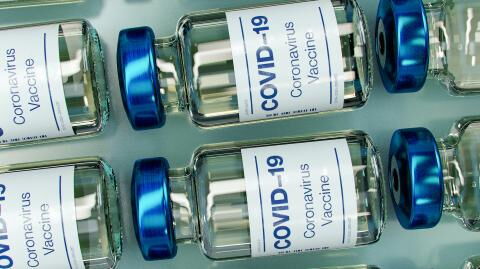The majority of people who suffer from mild Covid-19 are still capable of passing on the virus five days after symptoms begin, a new study has shown. These findings are contrary to existing NHS guidelines on how long people ought to self-isolate after testing positive for the virus.
Discover our latest podcast
What the research found
Researchers from Imperial College London conducted detailed daily tests from when 57 people were first exposed to the virus in order to determine how much infectious virus they could potentially pass on to others throughout the period they were infected, Sky News reports. The data showed that two thirds of participants were still infectious at five days and a quarter were still infectious at seven days.
Although it is no longer a legal requirement to self-isolate when you test positive for Covid-19, the NHS recommends infected people avoid getting in contact with others for five days. Study co-author Dr Seran Hakki from Imperial's National Heart and Lung Institute, said:
Our study is the first to assess how long infectiousness lasts for, using real life evidence from naturally acquired infection. Our findings can thus inform guidance as to how to safely end self-isolation.

What you should do
The research is quite groundbreaking in that it is the first to unveil how long infectiousness lasts for after natural COVID-19 infection in the community. Other conclusions the team drew include:
- Average duration of infectiousness was five days
- Only one in five participants were infectious before COVID-19 symptoms began
- Lateral flow tests do not reliably detect the start of infectiousness, but can be used to safely shorten self-isolation
Dr Seran Hakki advises that although not legally mandatory, you should still try to stay at home and minimize contact with other people if you test positive for COVID-19 or have symptoms after being in contact with someone with confirmed COVID-19.
Read more:
⋙ Covid-19: China is testing live fish for Covid-19 as cases spread
⋙ Passengers unable to check-in for flights as NHS COVID pass malfunctions
⋙ Covid-19: Omicron boosters to be rolled out in autumn, are you eligible to get them?














